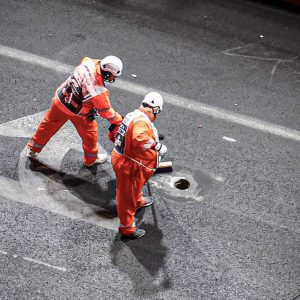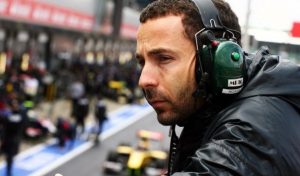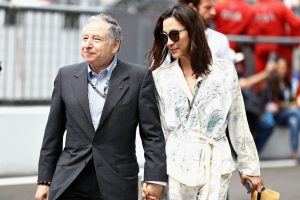Saudi Arabia said Thursday it will host a Formula One Grand
Prix for the first time next year, with a night race in the Red Sea city of
Jeddah.
“Hosting this event is part of the ‘Vision 2030’
project, with the support of our leadership and especially His Highness the
Crown Prince,” Sports Minister Prince Abdulaziz bin Turki said, referring
to the kingdom’s transformation plan.
Saudi Arabia had been pencilled in for the 2021 season as
part of a record 23-race Formula One programme, as the sport seeks to bounce
back from a shortened 2020 season that has been disrupted by the coronavirus
pandemic.
The kingdom itself is emerging from a strict lockdown, after
the virus infected more than 336,000 people, with 5,489 deaths.
“We hope to overcome this pandemic and that people will
be able to attend, but things aren’t clear yet in this regard,” Prince Abdulaziz
told a press conference.
Formula One has come under close scrutiny over the staging
of a race in Bahrain and the addition of Saudi Arabia is sure to escalate
criticism from human rights watchers.
The kingdom already hosts the Dakar Rally, a 12-day marathon
through the Arabian desert, and the all-electric Formula E series, in addition
to an array of boxing, golf and tennis events.
It also staged the Italian and Spanish Super Cup finals last
year — with the added attraction of football superstars Cristiano Ronaldo and
Lionel Messi.
And along with its Gulf rival Qatar, which will host the
2022 football World Cup, Saudi is competing for the right to host the 2030
Asian Games.
The expanded sporting schedule is part of a push to draw
more international tourists, business and investment, as the ultra-conservative
kingdom embarks on reforms designed to lessen its reliance on oil revenues.
Under de facto ruler Crown Prince Mohammed bin Salman’s
“Vision 2030” master plan, Saudi is aiming to project a more moderate
image and jettison a reputation for rights abuses and the export of hardline
ideology.
However the campaign, in a country which forbids alcohol and
is notorious for gender segregation, has come under fire from activists who
accuse it of “sportswashing” — using events to distract from a poor
human rights record.
And in a country where two-thirds of the population is under
30, critics say the sporting drive is aimed at blunting public frustration over
an economic downturn and soaring youth unemployment.
The big-ticket program has included everything from
wrestling to equestrian events and the launch of a women’s football league — a
major change considering women were only allowed to enter stadiums as
spectators from January 2018.
“Saudi Arabia has worked hard at ‘sportswashing’ its
reputation — trying to use the glamour of sport as a public relations tool to
improve its international image,” Amnesty International said earlier this
year.






